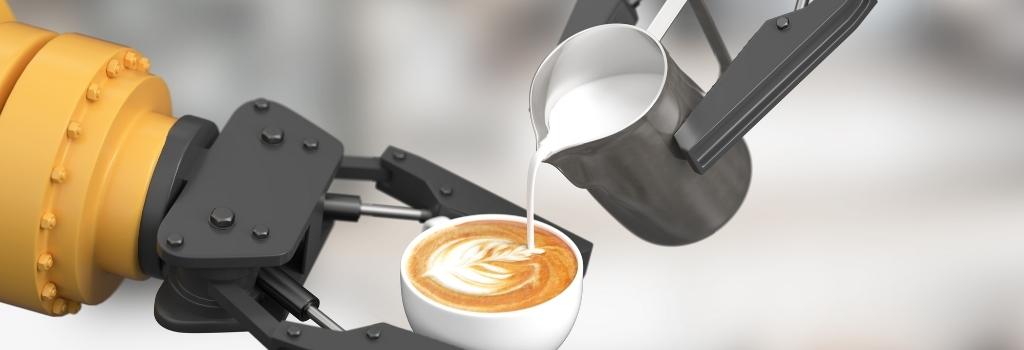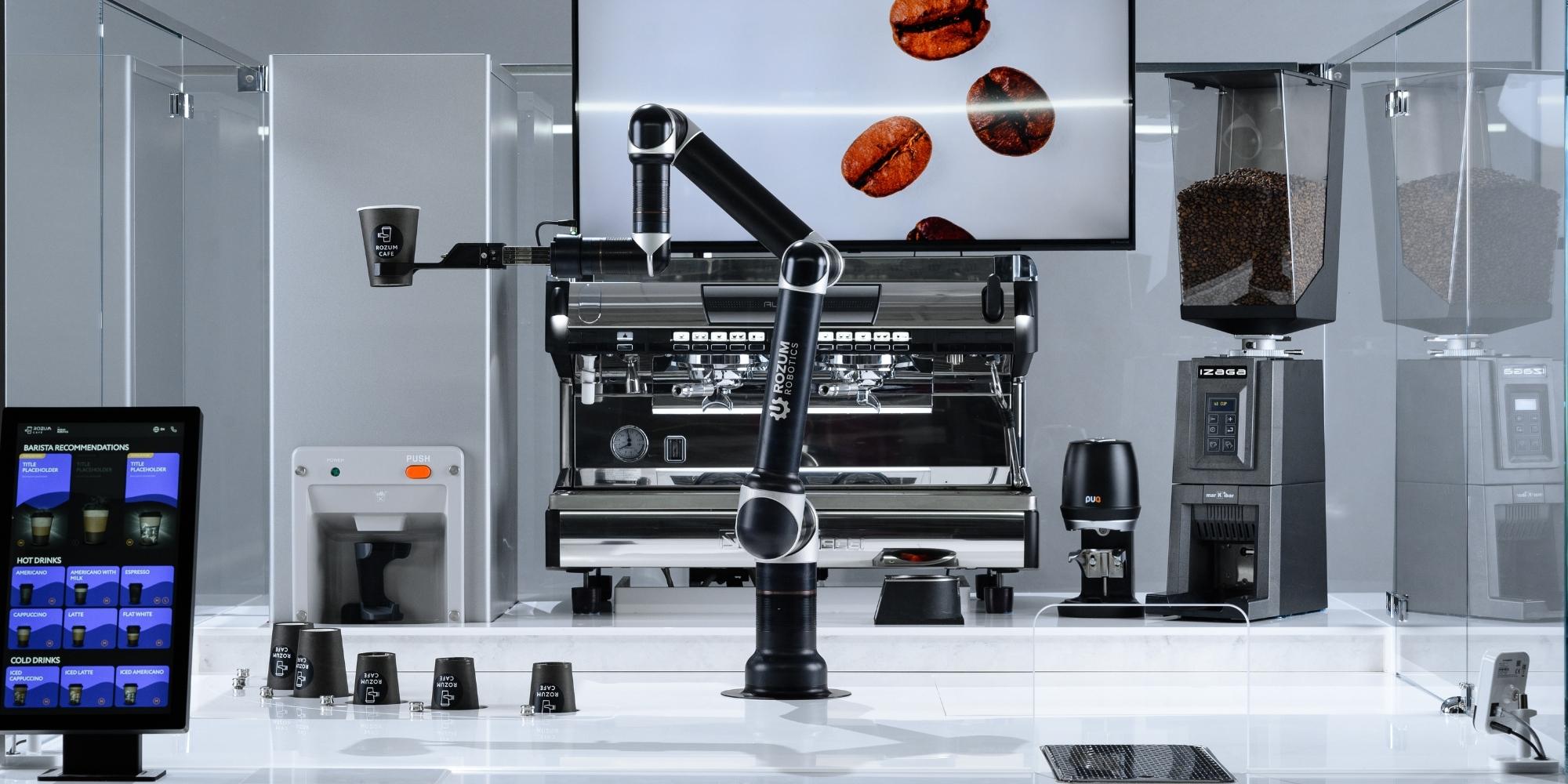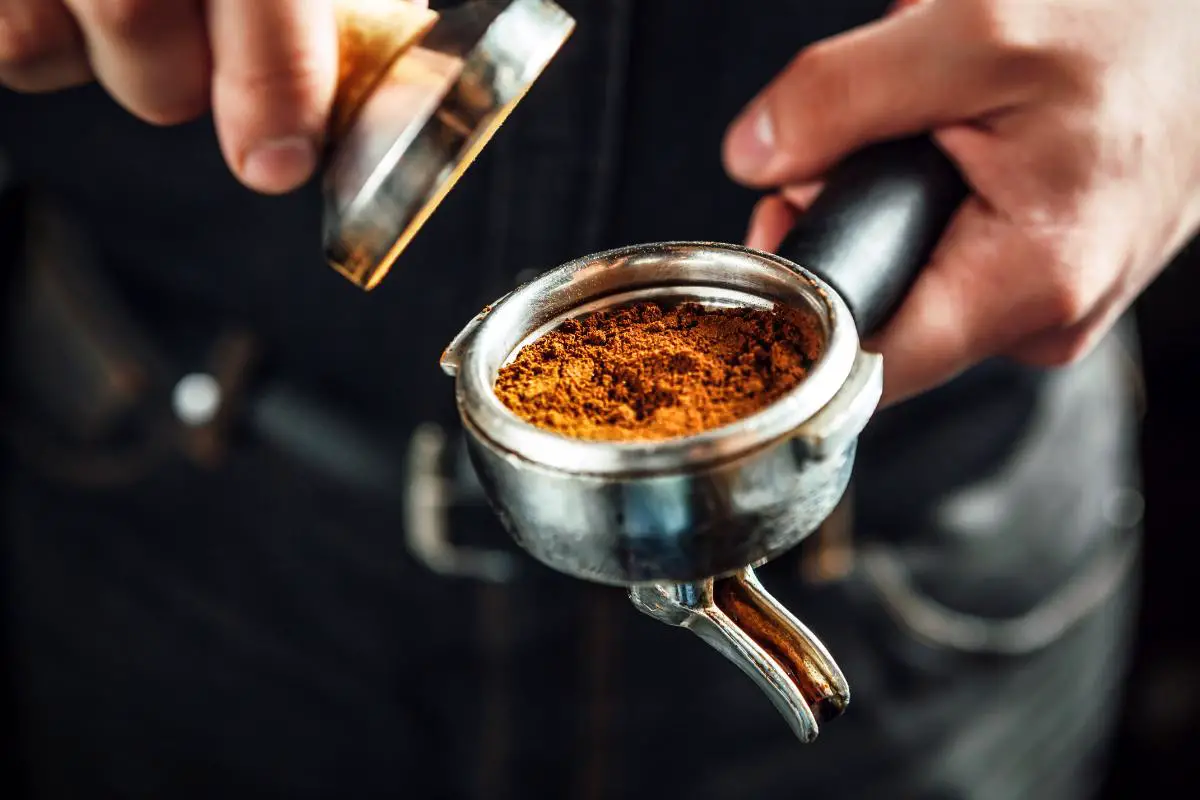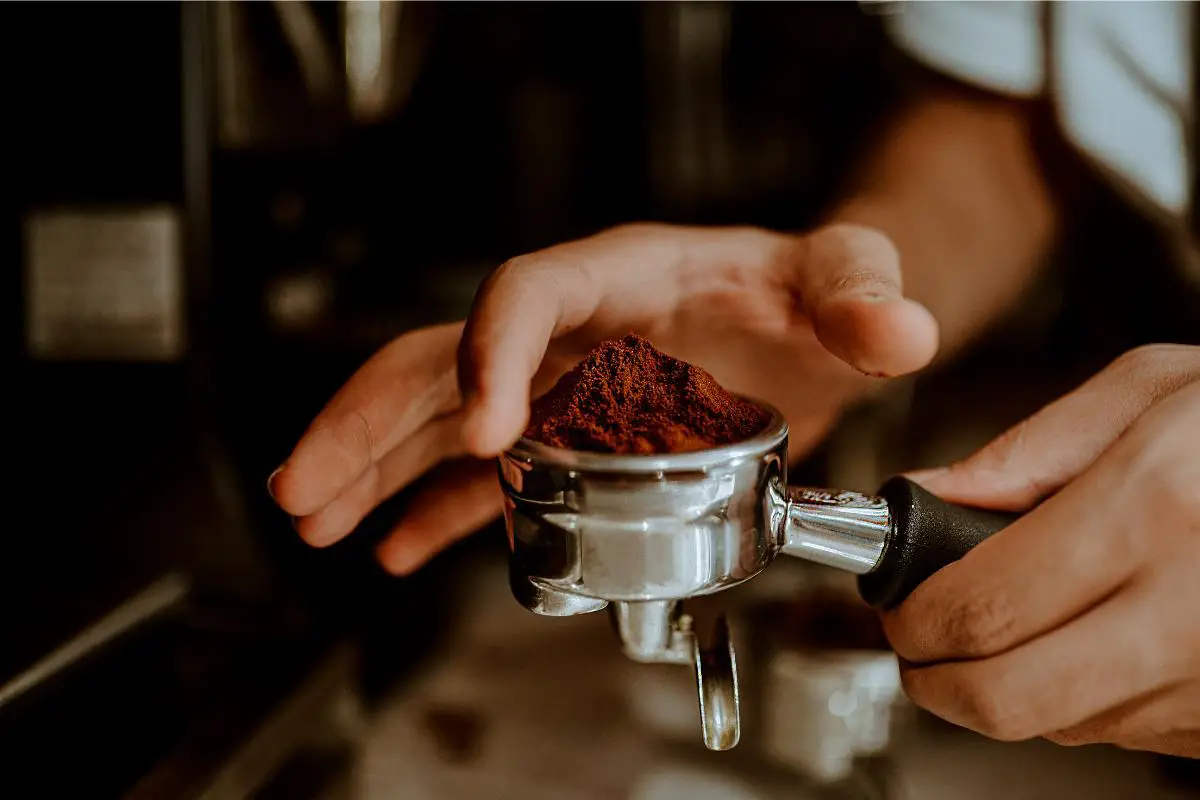Robots are becoming increasingly commonplace in society, so it was only a matter of time before robots started making coffee too – and indeed, they are.
Technology has gone far, and even the coffee industry has to embrace the changes, in fact, there are now coffee machines on the market that are entirely robot operated.
Can robots make coffee? This is a question that has been asked by many people, and the answer is yes.
These machines can be programmed to make a wide variety of coffees, from lattes to espressos, with little to no input from a human operator.
So, robots brewing specialty coffee: a Myth, Whim, or Reality?
In this article, we’ll look through different robotic options and see whether they live up to the title of the barista.
Table of Contents
Why Coffee Shop Owners Have An Eye On Automation?
Automation is no foreign concept for the coffee world.
From the first espresso machine to vending kiosks, the attempts to simplify the process have kept evolving.
The result is that robotic arm waving at you to come over for a latte, and that’s an invitation a curious mind will find hard to decline ― after all, these coffee makers are still new to the market.
The novelty, however, is likely to become a post-pandemic standard.
The COVID-19 has hit coffee shops hard. While chains like Starbucks managed to stay afloat, independent coffee owners struggled to keep their businesses alive.
According to Allegra World Coffee Portal, 8 of 10 British owners worry about coffee business viability, while the US branded coffee houses will return to their pre-pandemic sales by 2023 at best.
Lockdowns aren’t the only hurdle here. Barista retention has been a sore subject for a while.
With more people deciding to leave hospitality for good, finding a skilful coffee barista has become a challenge.
The issues above sparked everyone’s interest in automation.
By employing machines, coffee owners are striving to eliminate the following ‘threats’ to their businesses:
- Staff turnover
- Coffee taste inconsistency
- COVID-19 restrictions (lockdowns & infection risks)
Another perk is that a cool robot inside a coffee house instantly helps businesses stand out.
But can a machine compare to an experienced barista? Let’s find it out.

Robotic Options: Can They Really Make You a Coffee?
Just like human beings, not all machines are created equal.
While some robotic options offer entertainment and speed only, others can surprise you with a high-quality drink.
In general, all the existing solutions can be put in three categories:
1) Automated Kiosks
You can come across them pretty much everywhere these days, from airports to shopping malls.
They don’t have impressive feats but can spare you the headache of waiting for your cappuccino, as you just select the coffee you want and push the button.
The taste is as plain as the process. Big brands, such as Costa Coffee, try to adapt their recipes for these kiosks: the BaristaBot is an example of this collaboration.
2) A Robotic Arm + Automated Coffee Machine
This combination is more fun. Typically, it looks like a small coffee point or kiosk where you can see the robotic manipulator.
The robot can perform a dance or wave at the onlookers to engage with them, and you can make an order with a contactless screen.
As soon as you choose your coffee, the robot picks up a cup and takes it to the coffee machine waiting for the drink to pour.
Once the cup is filled, the manipulator returns to you with your order. This is how Cafe X works.
While this is an entertaining show to watch, the truth is that the coffee you get has nothing to do with the ‘specialty’ title. As soon as the performance ends, you’re left with the same vending-like beverage.
3) A Robotic Barista
These are different, and the solution looks like a coffee point, just like the previous one, but it’s equipped with a professional espresso machine, grinder, tamper, and everything else from a branded coffee house.
The robot’s day-to-day job here is more complicated because it actually brews coffee. Rozum Café is a good case study of this solution.
Here a collaborative robot (cobot) has almost the same degree of motion a human limb has.
The mobility makes it possible to mirror the movements of a professional barista, from start to finish, and the result is obvious: better coffee.
How is a robot able to achieve this? Thanks to both specialty coffee blends and the conventional way of brewing.
How Does A Robotic Barista Brew Coffee?
For both customers and Rozum’s robot, the process here involves much more steps than ordering a coffee from automated kiosks.
Here’s what robotic brewing looks like for an espresso, step by step:
- You select a coffee you want on a screen and pay for it with your card and phone.
- The robotic barista takes the cup, carries it to the coffee machine, and puts it down.
- After that, the robot picks the holder of the right size, brings it to the cleaning system, turns it over, and lowers it onto the cleaning blades.
- Meanwhile, the coffee grinder grinds the coffee beans.
- The robot carries the holder to the coffee machine, and the ground beans are immediately poured there.
- The next step, the holder is brought to the temper and a coffee tablet shapes up.
- Now the holder is returned to the coffee machine, an espresso starts pouring.
- The robotic barista gives you your order.
If you’d like a cappuccino, latte, or flat white, there is another step the barista takes: adding milk to your beverage.
It’s also possible to sweeten the coffee with syrup or order an iced coffee drink.
In a nutshell, the process is identical to traditional coffee-making, including both process and ingredients.
The only difference is that instead of a human you get the coffee shop treatment from a robot.
Is There A Future For Robotic Coffee Making Machines?
One can view coffee automation differently.
Some may perceive it as an unnecessary fancy, while others think it’s an opportunity to liven up the industry and provide customers with safe and consistent service.
No matter the opinions, robotic baristas are impressive proof that technology is capable of many things, and robots can pick up different activities.
If they are anything like Asimov’s robots, we’re in here for an interesting future – at least, for coffee.
Can Robots Make Coffee F.A.Q’s

A. Some benefits of using a robot to make coffee include increased efficiency and decreased costs.
Robot baristas can also be more accurate than human baristas, which helps to ensure that each cup of coffee is brewed perfectly.
A. Robots can make coffee as often as needed. Some coffee shops have robot baristas that work around the clock to brew coffee for customers.
A. For general purpose robots, any type of coffee will do.
However, for specialty robots such as those used in cafes, it is recommended to use a blend of light and dark roast coffee beans.
A. The amount of coffee you use will depend on the size of your robot and the type of coffee you are using.
For general purpose robots, we recommend using between 14 and 18 grams of coffee per litre of water.
For specialty robots, you may need to use more or less coffee depending on the flavour profile you are aiming for.
Conclusion: Can Robots Make Coffee
There is no definitive answer to this question, as there are many different types of coffee makers on the market, some of which are more suited for use by robots than others.
However, it is generally possible for robots to make coffee, though they may not be able to do so in the same way that a human can.
If you enjoyed this article, read more like this by checking out our Specialty Coffee Beginners Guides.




